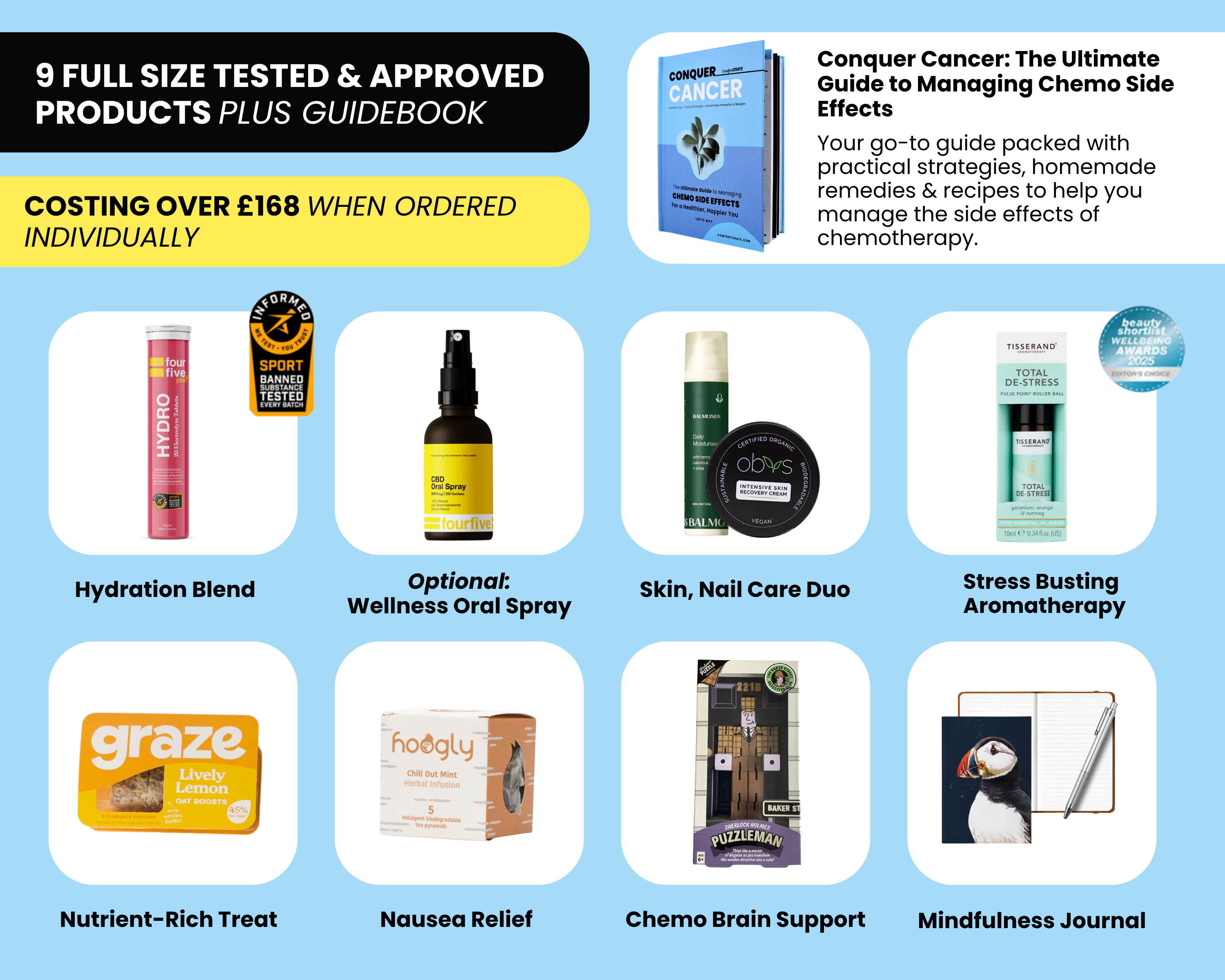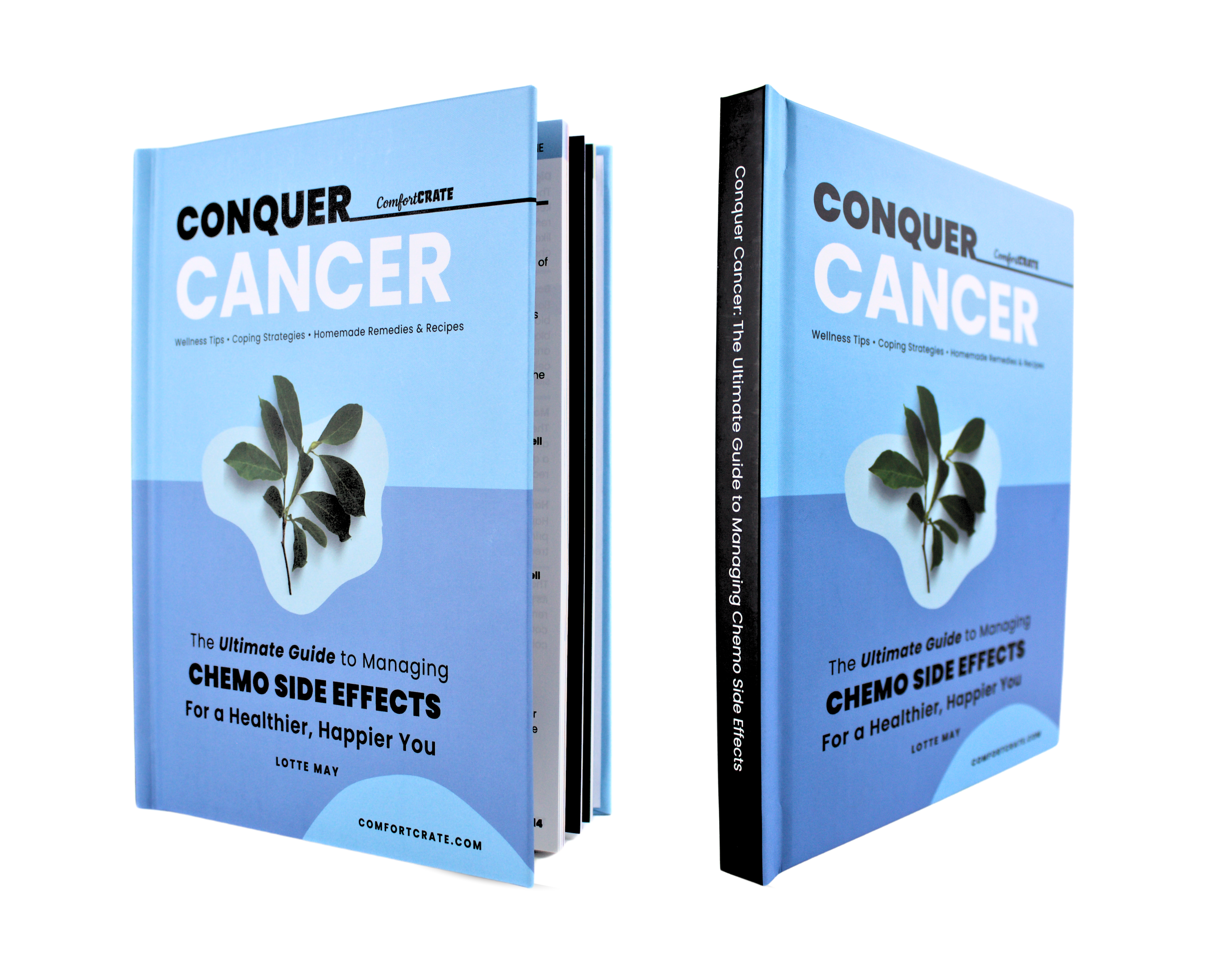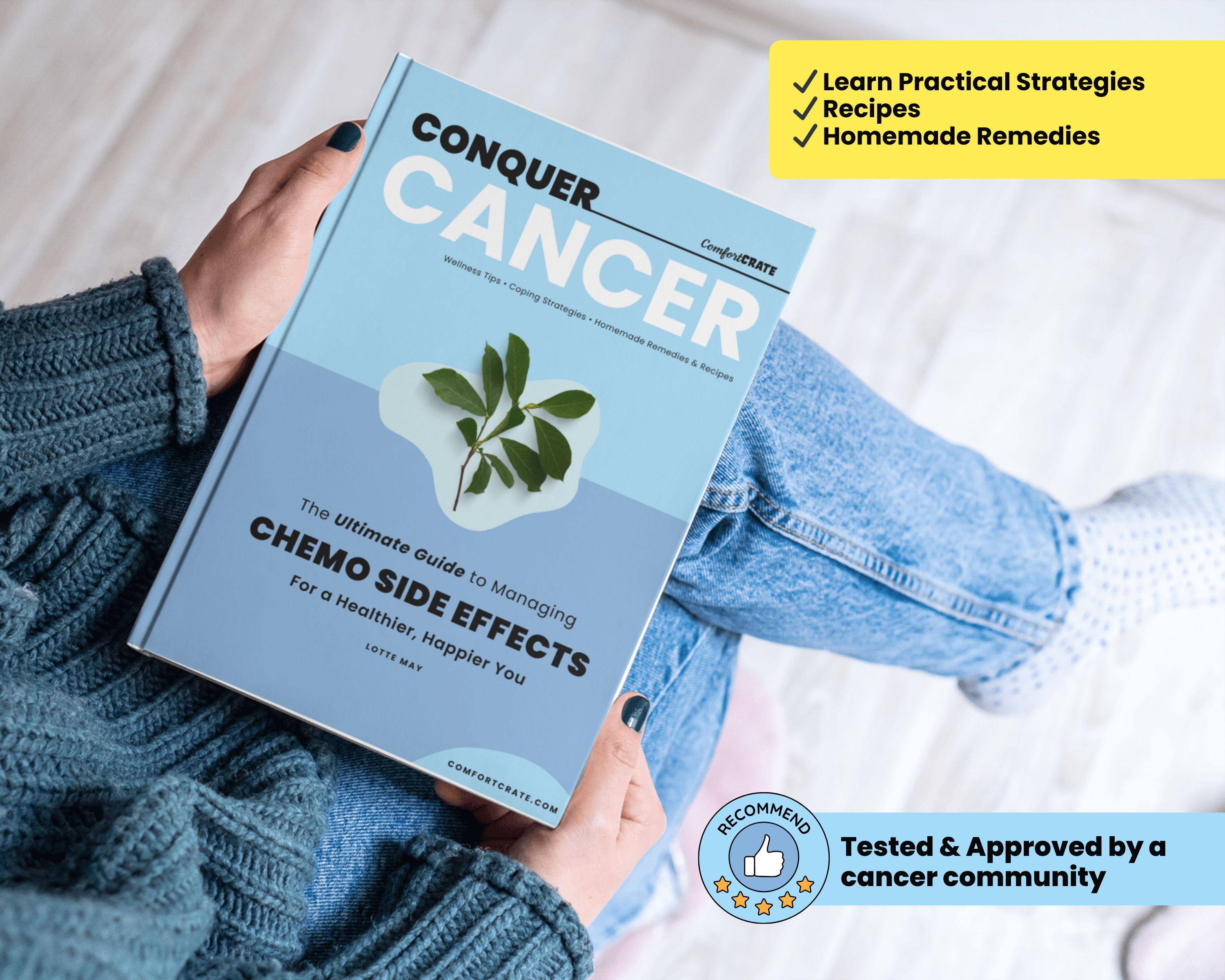
The 'New Normal' Life after Cancer
The end of treatment is a time to celebrate. Many people, however, report that once treatment stopped, they found themselves in a whole new world. This was filled with more questions, even though they felt they had lots of information and support during their illness. These questions bring a completely different set of challenges, including processing the trauma, to how do I recover from the side effects of treatment.
When it comes to cancer diagnosis and treatment, you put all your energy and focus into getting through the process. Once it's over, you focus on establishing "the new normal"-a life that is often quite different from the one you had before. Many people go through treatment without doing much, making it difficult to get back into a routine after a long absence. These effects can be felt mentally, from anxiety to fear.
How to reduce stress & anxiety:
| Find ways to help yourself relax | This can include breathing techniques, Meditation, yoga or just simply reading a book. |
| Speak to others |
Sharing your feelings with friends and family may help you feel better. Joining support groups on social media can help you answer any questions you may have or just seeing someone else's story can make you feel less alone. |
| Exercise |
Improves your mood and boosts your self-esteem. |
| Write your feelings down | It may help you to express your feelings by writing in a journal. Many people find that getting their thoughts on paper helps them to let go of worries and fears. |
| Charity work | Volunteering or donating gives you a sense of meaning and gives you something to focus on. |
The recovery process can take time
When treatment ends, you may expect life to return to the way it was before you were diagnosed with cancer, although the recovery process can take a while. It can take two months of recovery for every one month of treatment before energy levels return to a baseline.
From fatigue, to permanent scars it is important to give yourself time to adjust. You may not have built up the confidence in the way you look or feel, or you may not be able to move around as easily or even find it hard to communicate with others. Taking things at your own pace will help you mentally in the long run. Remember that everyone is different and that nobody can predict exactly how long it will take to recover.
Techniques on how to create a routine:
| Remaining in the present | Don’t get stuck in the past or obsess about the future. Focus on what you have to do right now. |
| Find your priorities |
Write a list and determine what is most important to you and revisit your goals. |
|
Schedule your habits into your life |
Start simple, by creating the same routine every morning. For example, waking up, eating breakfast followed by getting dressed. To get back into art or writing, try blocking out an hour every two days. |
|
Take a reset day |
Before returning to work, use a day which is dedicated to getting your life in order. This can be doing all the chores or preparing yourself mentally. |
|
Remember it takes time |
You may find it hard at the beginning but over time it will become easier. |
|
Bedtime and waking up |
Going to bed and waking up at the same time everyday is simple way to help you slowly progress into a daily routine. |
|
Exercise |
Going for a jog or a walk can help boost your energy, helping you feel ready for new activities. |
What are the chances that the cancer returns?
It’s common to be concerned about whether the cancer will come back, as it's hard to know exactly what will happen. The likelihood of recurrence depends on a number of factors including the type of cancer, the stage the cancer was caught and the individual person’s body. The chances of recurrence are highest the first few years after the treatment is finished, but the good news is that the chance of recurrence decreases over time and continues to decrease as time passes.
Managing the fear of recurrence
- Focus on what you can control. For example, being actively involved in your follow-up appointments.
- Learn more about your type of cancer and talk to your specialist about your risk of recurrence.
- Not all symptoms are a sign of cancer, it can help to learn the symptoms of cancer to help put your mind at rest.
- Speak to your doctor about how to distinguish normal aches, pain or sickness from cancer symptoms.
- Speak with a counsellor or psychologist if the fear of recurrence is overwhelming. They may be able to teach you some strategies to help you manage your fears.
- Joining a support group can help.
- Consider getting involved in a creative activity. Some people find this helpful in working through their emotions and anxieties.
- See your GP if you notice any new symptoms or symptoms that have returned. Don't wait for your next check-up.
Even though you can’t control whether or not your cancer recurs, there are steps you can take to help cope with your fears. Check out my top tips below:
- Let your health care team know your concerns. Be honest about the fears of your cancer coming back so they can address your worries. Your health care team can give you the facts about your type of cancer and the chances of recurrence.
- Know that it’s common for you to have fears about every ache and pain. Talk to your health care team if you’re having a symptom that worries you. Just having a conversation with them about your symptoms may help calm your fears. And, over time, you may start to recognise certain feelings in your body as normal.
- Keep notes about any symptoms you have. Write down questions for your health care team before follow-up visits so you can be prepared to tell them what you’ve been going through since your last check-up.
- Talk to a therapist. If you find that your fears are more than you can handle, ask for a referral for someone to talk to. If thoughts about cancer recurrence interfere with your daily life, a professional may help you.
- Follow-up care plan. Having a plan may give you a sense of control and a way to feel proactive with your health after treatment.
The 'new normal' and how I dealt with it
After hearing I was in complete remission, I felt relieved, but at the same time I was worried about other health problems. After battling cancer, I realised what could happen in the worst possible ways. However, I gained confidence by taking control of my health in other ways.
Keeping track of my weight, checking my body, and knowing the signs of cancer can be extremely helpful. I started a daily routine this way. Throughout treatment, I wasn't able to do anything. I was basically in bed for six months and finishing treatment felt very daunting. Since I wasn't sure where to start, I decided to weigh myself every day, slowly adding other activities to my routine, allowing me to adjust to life as a normal person.
For more tips on life after cancer read - 'Improve your Physical Health'











Leave a comment
This site is protected by hCaptcha and the hCaptcha Privacy Policy and Terms of Service apply.